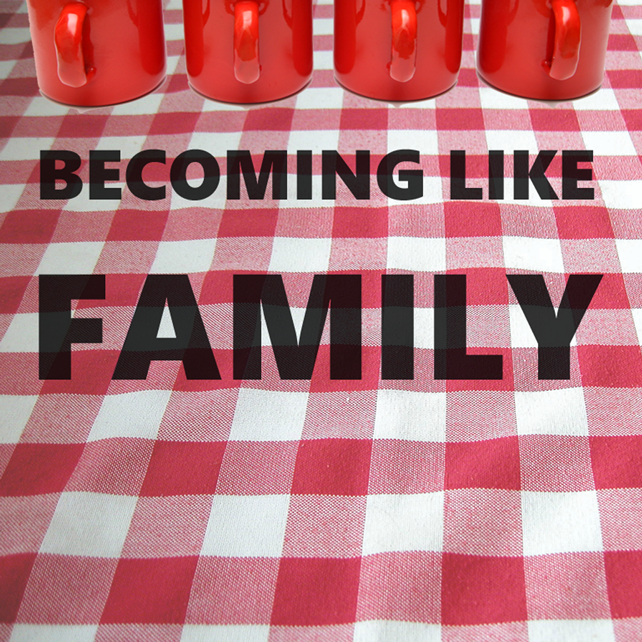In our series on Christmas as the Night that Changed Everything, this week we’re looking at how it’s the night that changed the poor. The poor have a priveleged place in the story of Jesus’ birth at Christmas. Here is where that really shows:
4 So Joseph also went up from the town of Nazareth in Galilee to Judea, to Bethlehem the town of David, because he belonged to the house and line of David. 5 He went there to register with Mary, who was pledged to be married to him and was expecting a child. 6 While they were there, the time came for the baby to be born, 7 and she gave birth to her firstborn, a son. She wrapped him in cloths and placed him in a manger, because there was no guest room available for them. (Luke 2:4-7)
When a politician visits a troubled area, it’s important. I recall after the 1998 ice storm in Eastern Ontario, the Prime Minister visited Wolfe Island, where I used to volunteer as a paramedic. Years later, people would still talk about how the Prime Minister had come, and how. They knew in that moment that he’d seen what they were dealing with, through his own eyes.
Here in the Christmas story we see God doing that. He has come to visit our broken and hurting world, and has let the entire population know that he is here with us – from rich to poor, young to old. It’s so apparent in that he comes to earth not like pampered royalty, but as a homeless baby.
His parents are on their way to Bethlehem for the census. They must travel, even though Mary is pregnant and close to birth. They arrive, apparently without plans for accomodations (or their plans are cancelled when an unmarried pregnant woman arrives) and find no room in any inns. If they had money, you can imagine they might buy their way out of trouble, but it doesn’t happen, and they end up in a stable. The baby is born, wrapped in cloths, a poor, defenseless baby whose parents are doing the best they can, which isn’t much. The word translated as stable may be a building dedicated to animals like we think, or it’s possible it represented a one room house with both animals and people, but either way it was modest.
This is not a story of privelege and power. Why would God – who we would expect to come in majesty and splendour – arrive in this way?
Question: What might God be trying to tell us in coming to earth in this way?
Reminder: We are reading the Bible in sync as one community – so check out today’s reading here.
Read the Bible in Sync Today
Ryan Sim - October 29, 2013
Tuesday - Study It - Growth - in Discipleship
From Series: "Becoming Like Family"
This series looks at becoming “like family” with others learning to follow Jesus. We're exploring how the church is not a building, institution or event, but a community of people. It's important that explore what church means as we prepare to launch a new church in Ajax in 2014.

